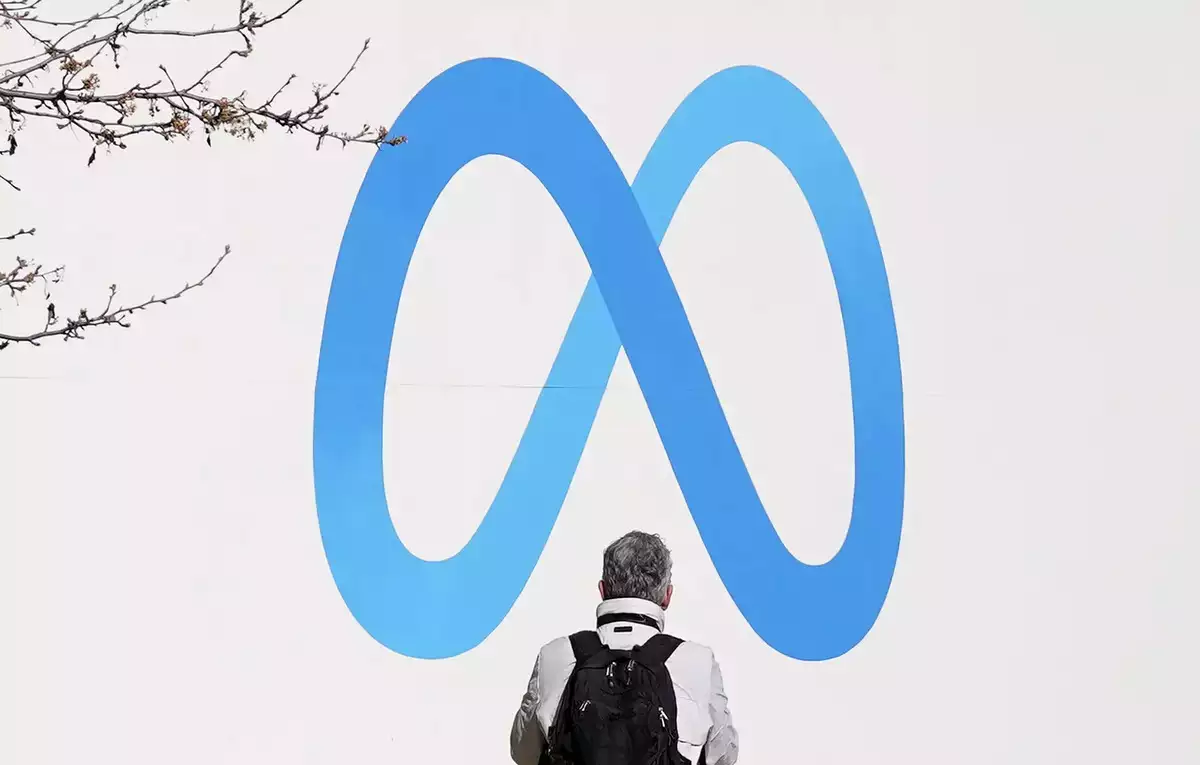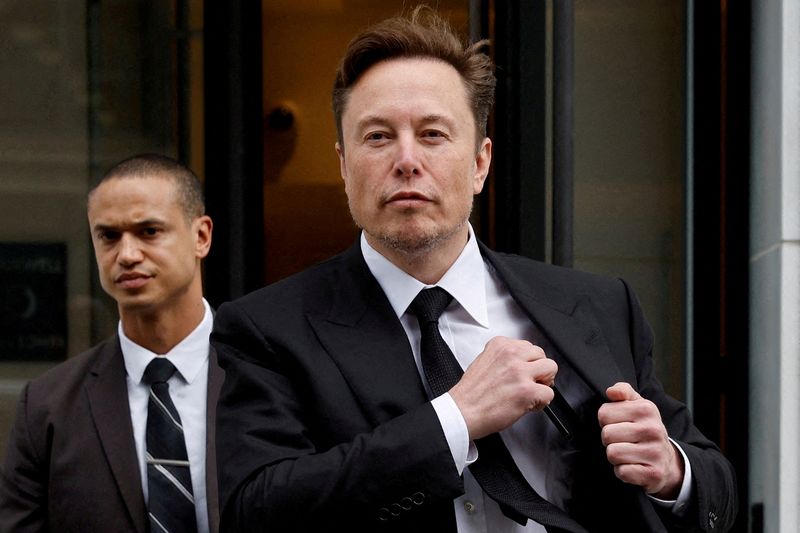A U.S. appeals court revived a software engineer’s class lawsuit on Thursday, alleging Meta Platforms refused to recruit him because it favored low-wage foreign workers
According to a 2-1 ruling by the 9th U.S. Circuit Court of Appeals in San Francisco, a Civil War-era law that prohibits discrimination in contracts based on “alienage” also applies to bias against U.S. citizens.
The decision overturns a California federal magistrate’s dismissal of a lawsuit by Purushothaman Rajaram, a naturalized U.S. citizen.
Rajaram alleges that Meta prioritizes low-cost visa recipients over American workers when hiring. Rajaram is endeavoring to advocate for a group of laborers that comprises thousands.
Meta, the owner of Facebook, Instagram, and WhatsApp, should have promptly responded to a request for comment. The company has denied any wrongdoing in court filings and has asserted that Rajaram did not demonstrate that Meta intended to discriminate against U.S. laborers.
According to Daniel Low, a counsel for Rajaram, the tech industry is plagued by a substantial issue of bias against U.S. citizens.
“We expect that this ruling will lead to more lawsuits seeking to end such discrimination,” Low stated in an electronic communication.
Before this case, the 9th Circuit had never considered whether the federal law, Section 1981 of the Civil Rights Act of 1866, offers protections against employment discrimination for U.S. citizens.
The sole other appeals court that has addressed the matter, the 5th Circuit, which is situated in New Orleans, concluded in 1986 that the law does not prohibit bias against U.S. citizens.
The possibility of the U.S. Supreme Court hearing the case if Meta appeals is increased by the division established by the 9th Circuit on Thursday.
Conservative groups have been challenging companies’ diversity initiatives and the employment of foreign visa workers by increasingly citing Section 1981, which also prohibits race discrimination in contracts.
The decision made on Thursday could significantly benefit plaintiffs in a growing number of cases alleging bias against U.S. workers, at least in California and the eight other states covered by the 9th Circuit.
Section 1981 differs from Title VII of the Civil Rights Act of 1964, the federal law that prohibits workplace discrimination, in that it does not impose a limit on the amount of damages that plaintiffs may receive in the event of a successful litigation, nor does it mandate that they submit complaints to government agencies before filing claims.

Apple settled a lawsuit the United States government filed last year by agreeing to pay $25 million. The lawsuit accused the tech titan of illegally favoring immigrant workers over U.S. citizens and green card holders for specific positions. The company refuted any malfeasance.
Also last month, a conservative legal organization that former Trump administration officials established called for a federal investigation into Tyson Foods’ purported practice of disproportionately hiring foreign laborers, including minors and individuals in the United States illegally. Tyson characterized the assertions as “wholly untrue.”



